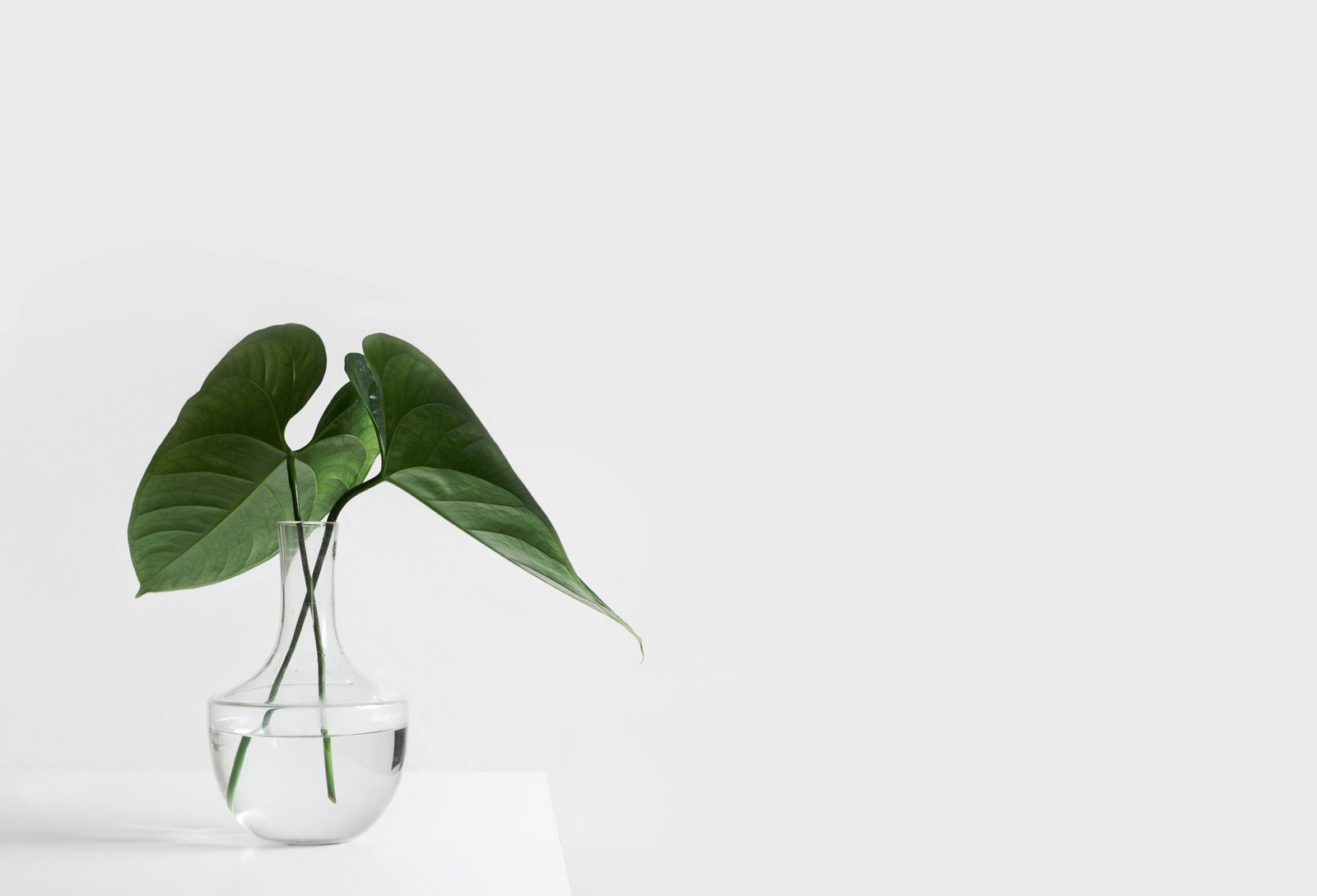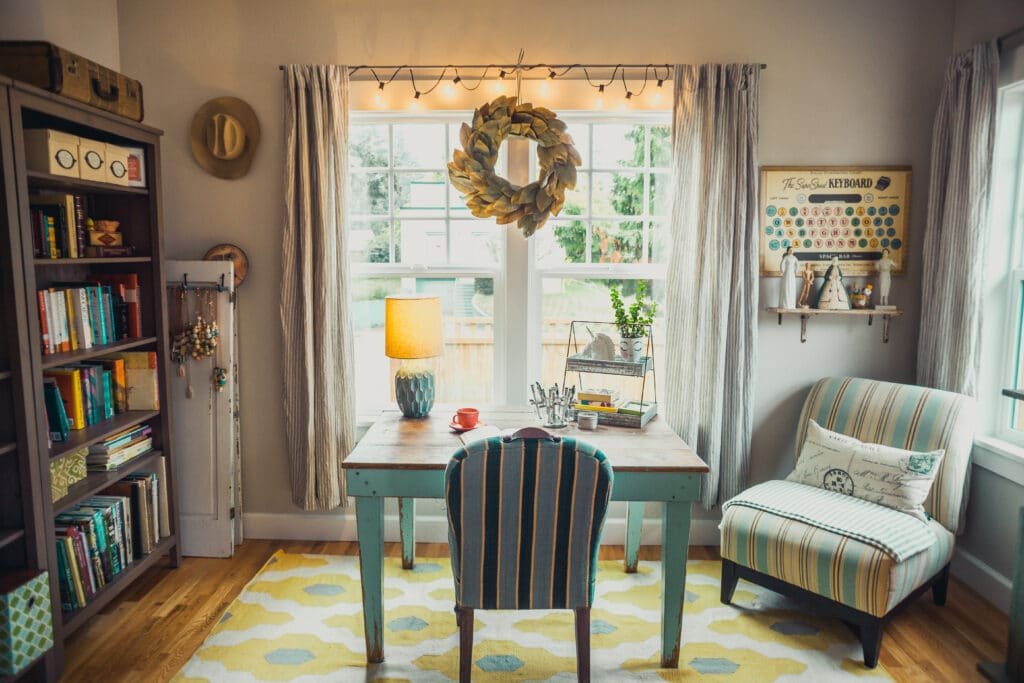Living in a cluttered and chaotic environment can have a negative impact on our mental and emotional well-being. The accumulation of physical possessions can weigh us down, causing stress, anxiety, and a sense of overwhelm. However, by embracing the principles of minimalism and decluttering, we can create a more peaceful and harmonious living space, leading to increased happiness and contentment.
Understanding Minimalism
Minimalism is not just about getting rid of physical clutter; it is a lifestyle choice that focuses on simplicity, intentionality, and mindfulness. It is about consciously choosing to live with less and prioritizing what truly matters to us. By eliminating the excess and unnecessary, we can create space for what brings us joy and fulfillment.
The Benefits of Minimalism
1. Enhanced Mental Clarity:
When our physical environment is cluttered, our minds tend to feel cluttered as well. By decluttering and simplifying our surroundings, we can experience increased mental clarity and focus. This allows us to make better decisions and be more productive in our daily lives.
2. Reduced Stress and Anxiety:
Living in a clutter-free environment can significantly reduce stress and anxiety levels. The visual chaos of clutter can be overwhelming and draining, whereas a minimalist space promotes a sense of calm and tranquility.
3. Increased Productivity:
With fewer distractions and a more organized living space, minimalism can help improve productivity. When we are not constantly searching for misplaced items or dealing with clutter, we can focus our energy on the tasks that truly matter.
4. Improved Finances:
Minimalism encourages us to be more mindful of our spending habits. By reducing our desire for material possessions, we can save money and allocate our resources towards experiences and things that truly add value to our lives.
Getting Started with Decluttering
1. Set Clear Goals:
Before diving into the decluttering process, it is essential to set clear goals. Determine what you want to achieve through decluttering and how you envision your ideal living space.
2. Start Small:
Decluttering can be overwhelming, especially if you have accumulated a lot of possessions over time. Start with a small area or a specific category of items, such as clothing or books.
3. Sort and Organize:
Sort your belongings into categories: keep, donate, sell, or discard. Be honest with yourself about what you truly need and what items are just taking up space.
4. Let Go of Emotional Attachments:
It can be challenging to let go of items that hold sentimental value. However, it is important to remember that memories reside within us, not within physical objects. Take a moment to appreciate the item and then let it go.
The Minimalist Home
1. Simplify Your Furniture:
Consider removing excess furniture and keeping only the essentials. Opt for multifunctional pieces that serve multiple purposes.
2. Clear Surfaces:
Avoid cluttering surfaces with unnecessary items. Keep countertops, tables, and shelves clear to create a sense of spaciousness.
3. Create Storage Solutions:
Invest in storage solutions that help you keep your belongings organized and out of sight. Utilize vertical space and consider hidden storage options.
4. Embrace Minimalist Design:
Choose a simple and clean aesthetic for your home. Opt for neutral colors, natural materials, and minimalist decor to create a serene and inviting atmosphere.
Mindful Consumption
1. Prioritize Quality over Quantity:
Instead of buying cheap and disposable items, focus on investing in high-quality, long-lasting products.
2. Practice the One In, One Out Rule:
For every new item you bring into your home, let go of one existing item. This helps maintain a clutter-free environment.
3. Borrow or Rent:
Consider borrowing or renting items that you only need temporarily, rather than purchasing them outright.
4. Be Intentional with Purchases:
Before making a purchase, ask yourself if the item truly aligns with your values and brings you joy. Avoid impulse buying and give yourself time to evaluate your needs.
Minimalism and Mental Well-being
1. Cultivate Gratitude:
Minimalism encourages us to appreciate and be grateful for what we have, rather than constantly seeking more. Practice gratitude daily to enhance your overall sense of well-being.
2. Focus on Experiences:
Shift your focus from material possessions to experiences and relationships. Invest your time and energy in activities that bring you joy and fulfillment.
3. Practice Self-Care:
Decluttering your physical space can be a form of self-care. Take care of your mental and emotional well-being by creating a peaceful and nurturing environment.
4. Embrace Mindfulness:
Minimalism and mindfulness go hand in hand. Practice being present in the moment, appreciating the beauty of simplicity, and letting go of attachment to material possessions.
Conclusion
Adopting a minimalist lifestyle and decluttering your living space can have a profound impact on your happiness and well-being. By simplifying your surroundings, you create room for clarity, peace, and contentment. Embrace minimalism as a journey and enjoy the process of letting go and discovering what truly matters to you.


